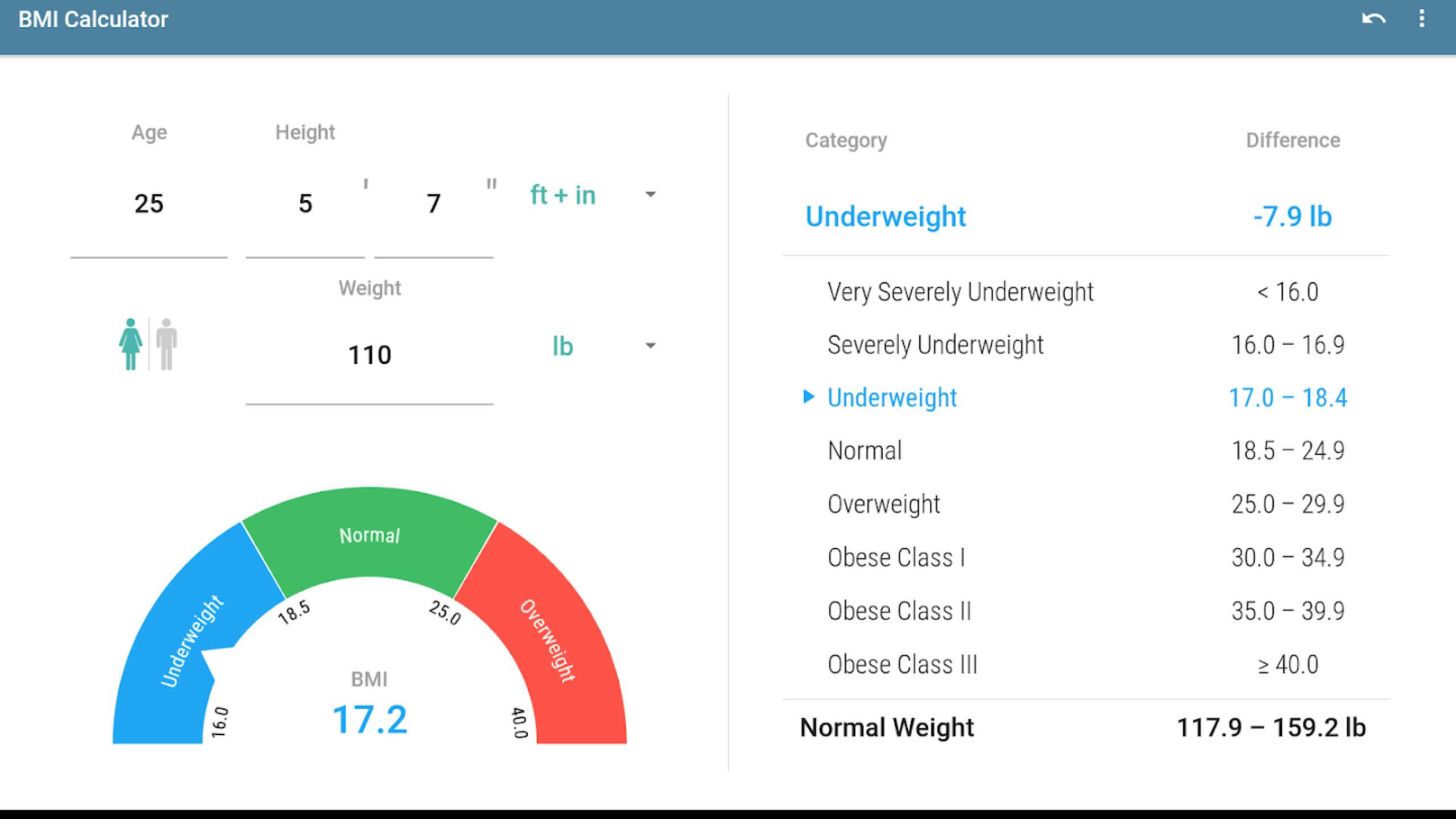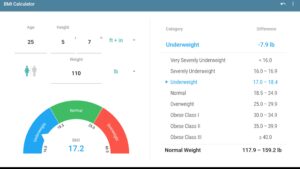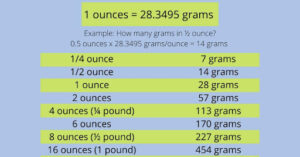The BMI calculator is a cooperative tool that lets you to determine your body mass directory or BMI. BMI is a simple amount that uses your height and weight to control if your weight is in a healthy variety. By incoming your height in inches or centimeters and your weight in quid or kilograms, the BMI calculator does the math and compares your statistics to BMI ranges documented by health organizations.
BMI Calculator also tell you which group you fall into skinny healthy weight overweight, or obese. Expressing your BMI category can help you comprehend if you may be opposite any health risks related to your weight. However, BMI is just a screening tool and other factors like muscle mass can affect the results
What is a BMI calculator?
A BMI calculator provides a quick photograph of your overall health status founded on two key metrics your height and weight. By entering these two capacities the calculator uses a simple formula to control your body mass index (BMI). BMI compares your weight to what is careful a fit weight range for someone of your tallness.
BMI is designed to be an easy broadcast tool that can help classify potential health dangers related to being under or overheavy. It does not measure body fat directly but rather serves as a overall guide. Once you know your BMI number, you can discuss it with your doctor to understand what it may mean for your exact body type and health conditions.
For most regular healthy grown-ups a BMI between 18.5 and 24.9 is considered normal. Above 25 is overheavy, and above 30 is obese. But BMI is not faultless, as it does not account for how much muscle against fat an individual may have. That is why employed with your healthcare provider is important to fully evaluate weight status and make a modified plan for achieving and upholding a weight that endorses overall wellbeing.
Similar Converters

A BMI calculator delivers a simple overview of your heaviness status but there are other tools that assess different health metrics. A body fat percentage calculator lets you to enter your height, weight, gender and midriff dimension to estimate how much of your mass fat tissue versus lean muscle is
Calorie counting tools work on similar principles to the BMI calculator by allowing quick calculations after inputting basic data. Food intake trackers help maintain energy balance by tallying daily calories. And exercise converters apply variables like duration, intensity level and your weight to approximate calories burned during physical activity.
Just as a BMI number points to next action steps, results from alternative converters encourage healthy lifestyle changes under medical guidance. With easy online access, more people can gain preliminary self-insights. And combined with a doctor’s expertise, estimates from these tools can launch productive journeys focusing on various aspects of wellness beyond just weight.
What is Body Mass Index?
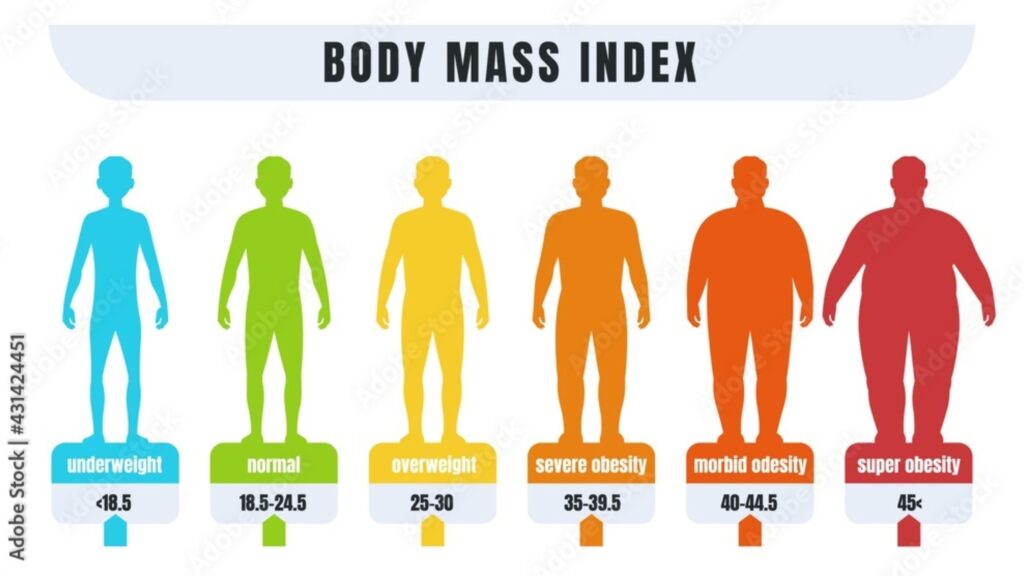
Body Mass Index or BMI, is a amount of body fat based on height and weight. It is usually used by healthcare specialists to screen for weight groups that may lead to health problems. Here are some key points about BMI
- BMI is calculated by taking a person’s weight in kilograms and dividing it by their height in meters squared.
- Standard BMI categories are underweight (below 18.5), normal weight (18.5-24.9), overweight (25-29.9), and obese (30 or above).
- BMI does not directly measure body fat, but it provides a reasonable estimate for most people. Muscle mass can be a limitation as it may affect the BMI number.
- Having a high BMI increases the risk of health issues like heart disease, diabetes, breathing problems and certain cancers. However, BMI is not diagnostic – a doctor would consider other health factors.
- BMI screenings are recommended as part of regular checkups starting from age 18 since excess weight, especially around the waist, is linked to health problems.
- Maintaining a healthy BMI through diet and exercise is associated with lower disease risk. But individual goals should be determined by a healthcare provider.
Why BMI is so Important

BMI provides valuable insight into overall health status. Excess body fat, even if apparent weight is in the normal range, increases the risk of serious diseases. BMI acts as a red flag, identifying those who may be carrying too much body weight in a unhealthy way. For many people, a high BMI is the earliest physical sign that lifestyle changes could improve wellness.
Monitoring BMI over time also gives a picture of weight trends. A few extra pounds that persist can become a serious risk, so addressing small weight gains early through lifestyle makes a difference. Regular BMI checks as part of routine medical care let patients and physicians catch consequences of weight fluctuation before they impact quality of life.
- BMI provides an indicator of overall health risks. Even somewhat elevated BMI is related to greater risk of long-lasting diseases like diabetes, heart sickness, and certain growths.
- It acts as an early warning sign to take action. A high BMI could signify excess body fat accumulating in an unhealthy way. Catching this early allows for lifestyle changes to lower risks.
- BMI tracking over time shows weight status trends. Small weight gains sustained can worsen health outcomes if not addressed, so regular monitoring via BMI is important.
- Knowing your BMI target helps with long-term motivation and management. Maintaining a healthy BMI, especially as metabolism changes with age, supports lifelong well-being.
- BMI sparks important conversations with doctors. Physicians can properly advise prevention and treatment strategies based on an individual’s specific BMI, lifestyle habits, and family health history to optimize nutrition and activity levels.
How to use BMI calculator
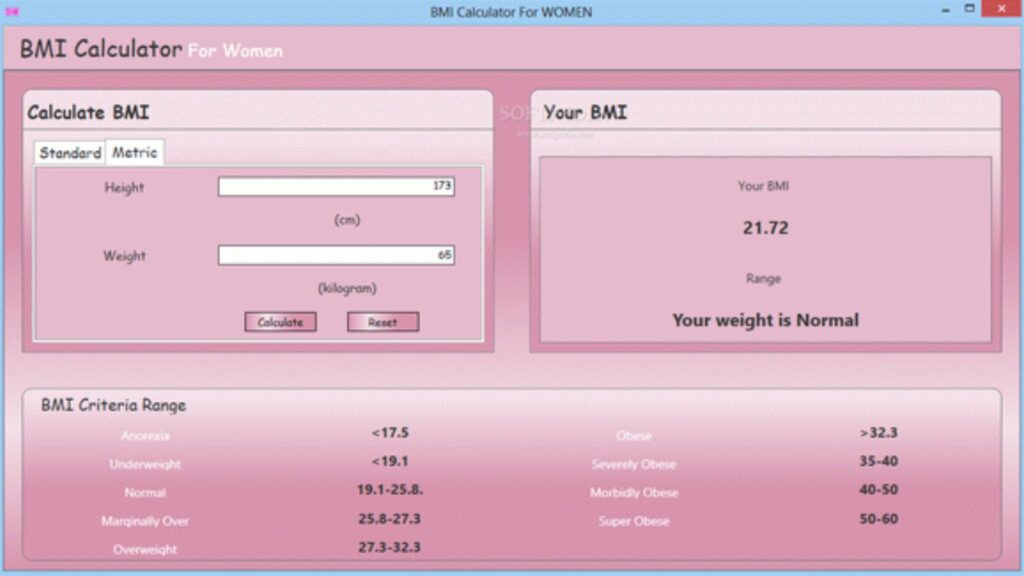
Using a BMI calculator is straightforward. The first step is to locate a BMI calculator, which are readily available online through reputable health websites. Most calculators only require you to input your height and weight. Use a standard size – either feet inches or centimeters for height and pounds or kilograms for weight. Enter your numbers hitting calculate.
With your BMI, the categories of underweight, normal, overweight, and obese provide context on weight status. Most importantly, share this result with your doctor. A BMI result alone can’t determine health, but provides a starting point for discussion. Factors like muscle mass, age and genetics may affect accuracy for some.
Keep track of your BMI over time for health monitoring purposes. Calculate it during regular checkups to note any changes, especially after major weight fluctuations. Though simple to use, the goal is not just knowing your number but understanding what it means for your specific health in consultation with your healthcare provider. Together, regular self-screening with a BMI calculator and discussions with your doctor can help optimize weight management and reduce disease risks.
Read More:
https://calcugene.com
Understanding BMI Results
The BMI calculator will provide a number result and designate which weight category it falls into underweight normal weight, overweight, or obese. It’s important to understand what these groups mean for your health dangers. Underweight poses risks from being too thin. Normal weight is associated with the lowest risks. As weight increases, so do risks for conditions like heart disease and diabetes.
Your BMI number may fluctuate a few points from time to time depending on variables like muscle mass changes and water retention. But major changes, sustained over weeks/months, indicate a possible trend away from or toward a healthier category. Monitor your BMI regularly with your doctor to catch any shifts early.
Results should also be viewed in the context of your full medical profile. Factors like age, gender and ethnicity can impact accuracy for some. If you have concerns about your BMI, discuss next steps with your healthcare provider. Together you can address weight-related issues through a customized plan including dietary, activity and behavioral aspects of care. An accurate understanding of your BMI empowers informed self-monitoring and conversations with your doctor.
FAQs on BMI Calculator
How accurate is a BMI calculator?
BMI provides a overall sign but may not be accurate for everyone as it doesn’t differentiate muscle from fat. It works best for most grown-ups, but your doctor can understand it best.
At what age should you start tracking your BMI?
It’s suggested to begin calculating BMI at age 18 to found healthy habits and monitor weight changes over time. Children and youths use different BMI calculators and charts.
If my BMI is high does it mean I’m unhealthy?
A high BMI increases health risks but doesn’t identify any issues. Discuss it with your doctor who can assess your complete health profile and routine.
How often should I calculate my BMI?
Most experts recommend calculating your BMI during regular annual checkups and any time you gain or lose a significant amount of weight.
Is BMI the only way to measure health?
No, BMI is just one indicator. A complete health evaluation looks at other factors like your diet, physical activity levels, waist circumference, blood tests, and family history.
Conclusion
In summary, BMI calculators provide an easily accessible and simple tool for self-screening one’s weight status. By taking just a few minutes to input height and weight measurements, anyone can calculate their BMI number from the convenience of home or on their mobile device.
Most importantly BMI results should not be viewed in isolation. Rather they serve as a starting point for valuable deliberations between individuals and their healthcare providers. A doctor can correctly interpret a BMI reading based on a patient’s full medicinal profile to either ease or validate concerns.
When used correctly and discussed with medical guidance, BMI calculators empower individuals with greater self-awareness of their weight status. Combined with regular medical evaluations, they support overall preventative health efforts through motivational goal setting and informed decision making.
